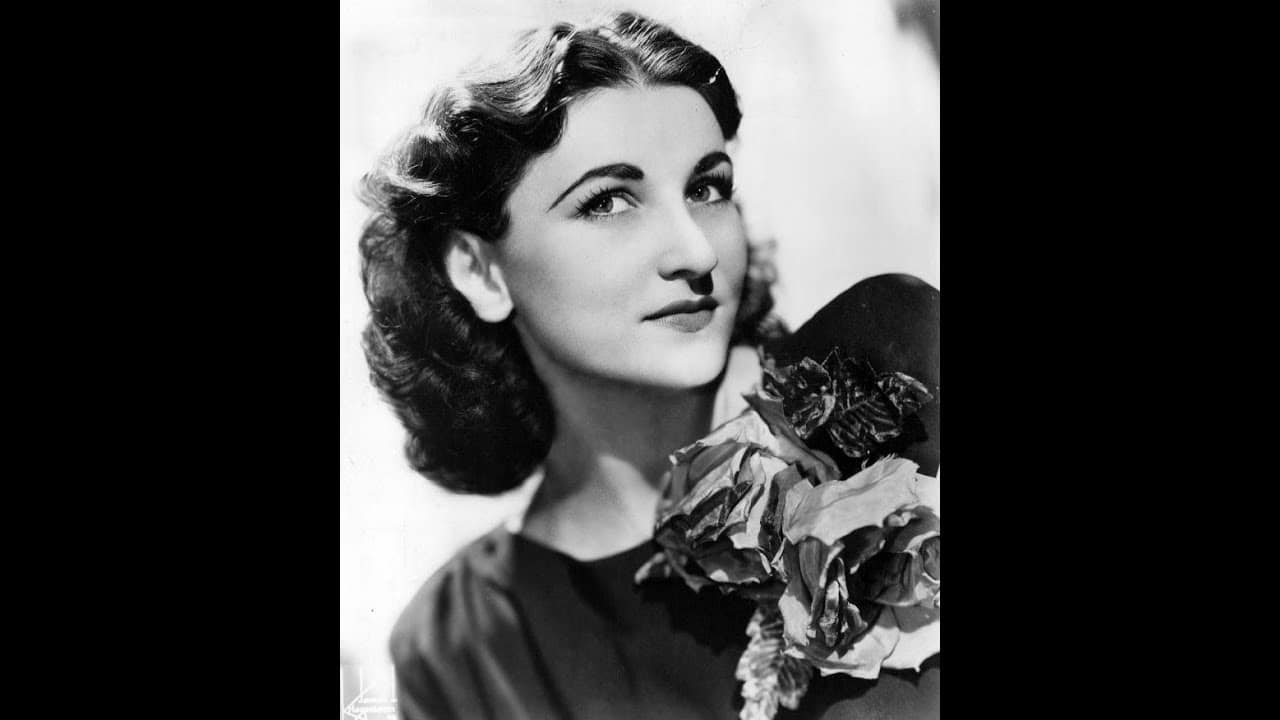Biz news: Executive shakeup at Decca
mainThere’s been a reshuffle at the label after the surprise departure of classical chief Alex Buhr.
Tom Lewis and Laura Monks become co-managing directors, under president Rebecca Allen.
Dominic Fyfe is the new label director of Decca Classics; Helen Lewis is executive producer at Decca Classics; Gavin Bayliss is head of classical marketing & catalogue strategy. All are long-timers.






Comments